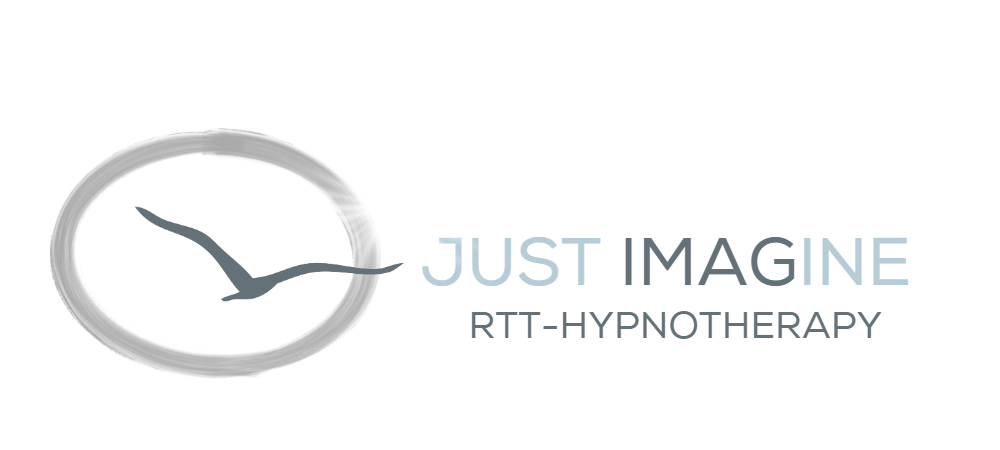clinical hypnotherapy
According to the UK NHS (2017) Hypnotherapy is a form of non-pharmacological, mind-based therapy. It is regarded as a type of complementary and alternative medicine (CAM) in which the human mind is used to help with a variety of problems, such as gaining control over undesired habits or better manage Stress, Anxiety, and Depression (also known as SAD syndrome, collectively) as well as pain. For example, it is helpful to apply hypnotherapy to reduce stress and/or anxiety before a medical procedure or an important examination.
According to the WebMD Medical Reference (2018), hypnotherapy as a treatment can be applied in either of the two following ways:
- Suggestion Therapy: The hypnotic state makes a client better able to respond to suggestions. Therefore, hypnotherapy can help clients change certain bad habits (e.g., smoking, cursing, nail-biting). It can also help change or modify perceptions and sensations and is especially helpful in pain management. Although the clients is more open to suggestions during hypnosis, s/he does not lose control over his/her own behaviour.
- Client Analysis: This approach uses a client’s relaxed state of mind to explore a possible root cause of a psychogenic condition (e.g. a traumatic* past event hidden away in the unconscious memory). Once the root cause is identified or revealed, the condition can be followed up with psychotherapy or other appropriate forms of therapy, counselling or coaching. However, this may not be necessary as the condition can also disappear instantly or over a short period of time.
Hypnotherapy can be applied in treating many conditions, not limited to the following as listed alphabetically here: anxiety, behavioural anomalies (e.g., addiction, gluttony, nocturnal enuresis), depression, hot flushes (and other symptoms associated with menopause), maladaptive behaviour (e.g., avoidance, withdrawal, passive aggression, hiding your true feelings rather than asserting opinions or emotions, hurting yourself to cope with feelings of distress) , mental health conditions (e.g., fear and/or phobias, and traumas), pain conditions (due to burns, childbirth, dental procedures, fibromyalgia, headaches, IBS, side effects of cancer treatment, and temporomandibular joint problems), and stress or distress.
When the term clinical is added to the word hypnotherapist (i.e., clinical hypnotherapist), it refers to a mental health professional with extensive training and expertise in the clinical application of hypnosis in therapy.
Clinical hypnotherapy means using advanced methods of hypnosis and other techniques to treat a variety of medical and psychological problems and upwards of 85 per cent of people will readily respond to clinical hypnotherapy.
Where other interventions have not produced the desired outcome, hypnotherapy can be particularly successful.
Clinical hypnotherapy is highly cost effective with patient benefit often being achieved rapidly.
However, hypnotherapy is not some form of magic pill or quick fix either. It requires that the client be 100% committed to change and prepared to make the effort to make that change a reality. Both the level of rapport between you and me and your level of motivation affect and/or accelerate your results. So when we have a discovery call, I would invite you to really feel if you would like to work with me and I will do the same.

